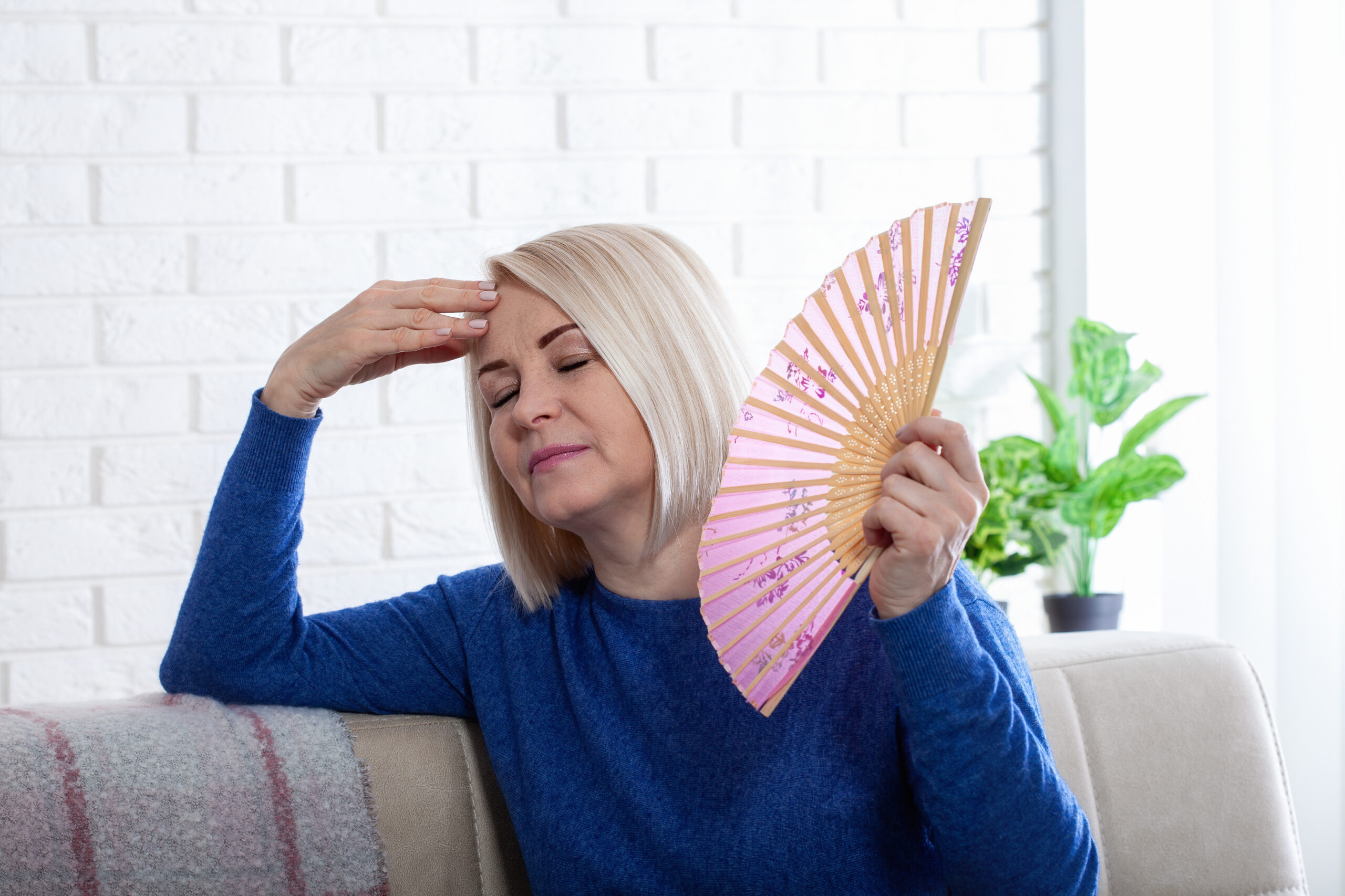Hot flashes are a common experience for many women, but understanding what they are and why they occur can help make them more manageable. These sudden feeling of intense heat and sweating can be uncomfortable and disruptive, often accompanied by a rapid heartbeat and flushed skin. While hot flashes are most commonly associated with menopause, they can also be caused by other factors such as hormonal fluctuations and certain medications. In this article, we’ll explore the causes, symptoms, and potential treatments for hot flashes, providing valuable insights to help you navigate this often frustrating phenomenon. So, let’s shed some light on the mystery of hot flashes and find effective ways to stay cool and comfortable!
What Are Hot Flashes?
Hot flashes are a common symptom experienced by many individuals, primarily women, during certain stages of their lives. These sudden, intense feelings of heat that spread throughout the body can certainly be uncomfortable and disruptive. Understanding the causes, triggers, and potential treatments for hot flashes can help you navigate through this phase with ease and find relief.
What Causes Hot Flashes?
Hot flashes occur when there is a sudden dilation of the blood vessels near the skin’s surface, resulting in a rush of heat. While the exact cause of hot flashes is still widely debated, it is believed that hormonal changes, primarily a decrease in estrogen levels, play a significant role. Estrogen is a hormone responsible for regulating body temperature, and any disruption in its production or balance can lead to hot flashes.
Who Experiences Hot Flashes?
Hot flashes are most commonly associated with menopause, a natural biological process that occurs in women usually around their late 40s or early 50s. However, menopause is not the only time when hot flashes may occur. They can also be a symptom of perimenopause, the transitional phase leading up to menopause, and can sometimes develop as a result of medical treatments or conditions.

Triggers of Hot Flashes
While hot flashes can seemingly occur out of nowhere, certain triggers can exacerbate their frequency and intensity. Some common triggers include:
Hormonal Imbalances
Hormonal imbalances, such as those experienced during menopause or perimenopause, can increase the likelihood of experiencing hot flashes. Fluctuations in estrogen and progesterone levels can disrupt the body’s temperature regulation and trigger hot flashes.
Stress and Emotional Factors
Stress and emotional factors can have a significant impact on hot flashes. Anxiety, emotional stress, and even excitement can trigger an episode. It is essential to find coping mechanisms to manage stress effectively.
Certain Foods and Drinks
Certain foods and drinks have been known to trigger hot flashes, such as caffeine, alcohol, spicy foods, and hot beverages. It may be helpful to keep a journal to identify any specific triggers you may have and adjust your diet accordingly.
Environmental Factors
Environmental factors, including hot weather, excessive heating, or excessively warm clothing, can also contribute to the occurrence of hot flashes. Keeping a cool and well-ventilated space and dressing in layers can help manage these triggers.
Coping with Hot Flashes
While hot flashes can be challenging to manage, there are several strategies you can incorporate into your lifestyle to find relief and minimize their impact on your daily life. Some tips for coping with hot flashes include:
Dressing in Layers
Dressing in layers allows you to easily adjust your clothing to accommodate changes in your body temperature. Opt for lightweight, breathable fabrics that allow air circulation.
Staying Cool
Keeping your living environment cool and well-ventilated can go a long way in managing hot flashes. Use fans, open windows, or invest in air conditioning systems to maintain a comfortable temperature.
Stress Management
Since stress can trigger or worsen hot flashes, finding effective stress management techniques can be incredibly beneficial. Engaging in activities such as yoga, meditation, deep breathing exercises, or pursuing hobbies can help reduce stress levels.
Healthy Lifestyle Choices
Maintaining a healthy lifestyle can help alleviate the symptoms of hot flashes. Regular exercise, a balanced diet rich in fruits and vegetables, limited caffeine and alcohol intake, and adequate sleep can all contribute to hormonal balance and overall well-being.

Medical Interventions and Treatments
For individuals experiencing severe or persistent hot flashes that significantly impact their quality of life, various medical interventions and treatments are available. It is always advisable to consult with a healthcare professional for personalized advice and guidance. Some common options include:
Hormone Replacement Therapy (HRT)
Hormone replacement therapy involves taking medications that contain hormones to supplement the body’s decline in estrogen levels. This treatment can effectively alleviate hot flashes, among other menopausal symptoms. However, it is essential to discuss the potential risks and benefits with a healthcare professional.
Medications
There are medications available that can help manage hot flashes, such as selective serotonin reuptake inhibitors (SSRIs) and certain seizure medications. These medications work by targeting neurotransmitters and can provide relief to individuals experiencing moderate to severe hot flashes.
Alternative Therapies
Many individuals seek alternative therapies to manage their hot flashes. Options such as acupuncture, herbal remedies, and mind-body techniques like mindfulness and relaxation exercises may provide relief for some. However, it is crucial to consult with a healthcare professional and ensure the safety and efficacy of these therapies.
In conclusion, hot flashes are a common symptom experienced primarily by women during certain stages of their lives, such as menopause and perimenopause. While their exact cause may still be not completely understood, hormonal changes, primarily a decrease in estrogen levels, are believed to be the underlying factors. By identifying triggers, incorporating coping strategies into your lifestyle, and exploring potential medical interventions and treatments, you can effectively manage hot flashes and navigate through this phase with ease. Remember, it is essential to consult with a healthcare professional for personalized advice and guidance. Stay cool, stay healthy, and don’t let hot flashes dampen your spirit!